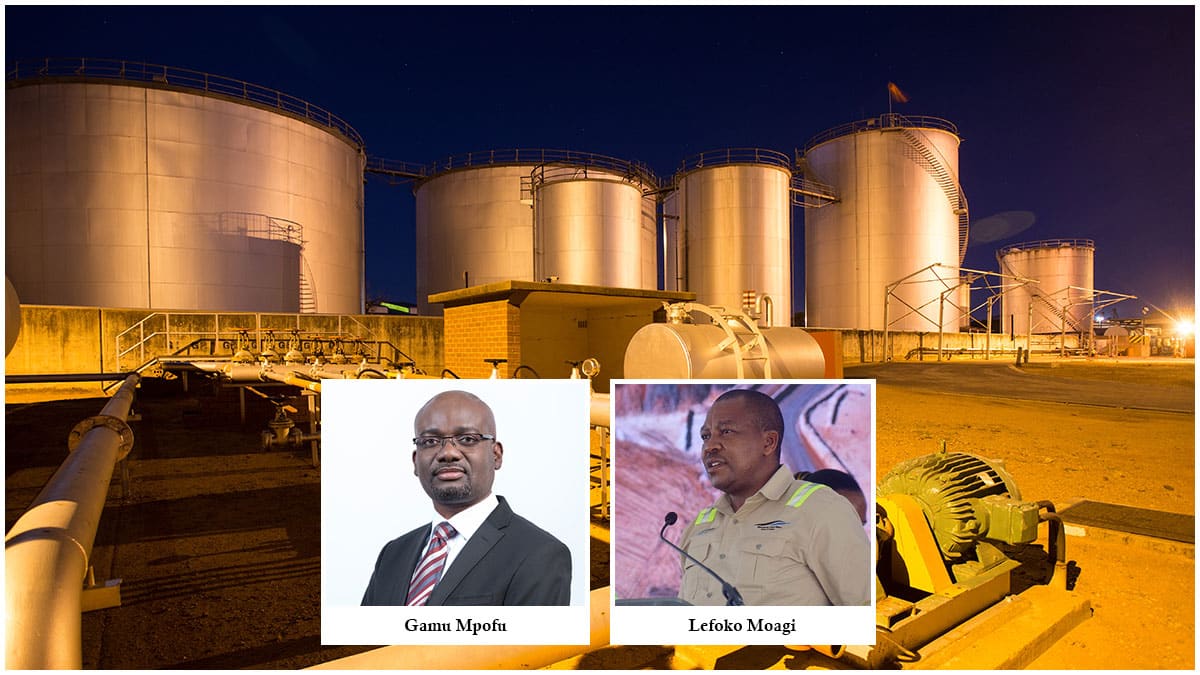Botswana commits to clean energy initiatives
Botswana is setting its sights on a greener future, aligning with its target to reduce greenhouse gas emissions by 15 percent by 2030.
Minister of Minerals and Energy, Lefoko Moagi, unveiled the government’s commitment to clean energy transition at the Botswana Biodiesel Conference and Expo held in Tlokweng.
Among the initiatives driving this agenda is the Biofuel Production Project, representing a significant investment of P19 million.
Moagi emphasized the importance of renewable energy, stating, “Fossil fuels must give way to cleaner alternatives, and the government has already taken significant steps to promote renewable energy and enhance energy efficiency.”
He highlighted the collaborative efforts of the Ministry of Minerals and Energy, Department of Energy, National Agricultural Research and Development Institute (NARDI), and University of Botswana (UB) in shaping the future of biodiesel production.
Gamu Mpofu, Senior Manager of New Ventures at Botswana Oil Limited (BOL), echoed this sentiment, expressing readiness to support citizen-owned companies venturing into biodiesel production.
“Once producers are forth coming with an intent to produce, we will be able to set targets in terms of how we want to grow this particular sector. However, the government must play a role in providing incentives to possible producers such that the project can kick-start and fast track the growth of this sector,” he said.
Mpofu stressed the need for government incentives to kick-start and expedite the growth of this sector.
Debswana, a major consumer of diesel with a five-year fuel supply agreement with BOL, is leading by example in embracing biodiesel as a cleaner energy alternative.
Gaenamele Ganamotse, Debswana Energy and Carbon Manager, affirmed the demand for biodiesel, citing the company’s commitment to eliminating diesel usage.
“A demonstration has been made to showcase that biodiesel can work for us, as a result taking a decision to use it at our operations. Though it is currently limited in availability, we have made a commitment to get any available biodiesel for use,” he said.
Despite ambitious greenhouse gas reduction targets, Debswana’s annual consumption of 100 million liters of diesel presents a significant market opportunity for local biodiesel producers.
Ganamotse highlighted Debswana’s successful pilot project testing biodiesel, emphasizing its viability as a sustainable fuel source.
As Botswana consumes 1.3 billion liters of petroleum products annually, with diesel accounting for 55-60 percent of total consumption, the shift towards biodiesel production signals a pivotal step towards achieving a more sustainable energy landscape.






